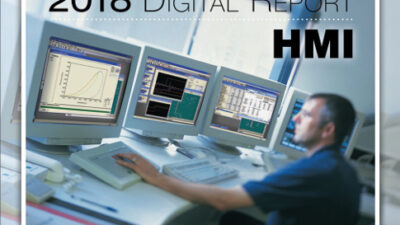A new monthly publication from Elsevier is focusing on the development of tiny, even invisible, computing devices.
A new monthly publication from Elsevier is focusing on the development of tiny, even invisible, computing devices. Pervasive and Mobile Computing will deal with pervasive computing, covering topics ranging from low-level information acquisition and sensing to information and data management, intelligence building, decision-making, and model development. Once present only in the world of science fiction, the technologies that make up this field, such as wireless mobile communications and networking, portable devices and wearable computers, are advancing rapidly to the real world.
Identified as “ubiquitous computing” in 1988 by the late Mark Weiser, former Chief Technology Officer at Xerox’s Palo Alto (CA) Research Center, the technology referred to a future in which invisible computers, embedded in everyday objects such as cars, tools, appliances, and clothing, would replace the personal computer. It later came to be known as pervasive computing.
Among articles in the first issue of the publication is “Spray computers: Explorations in self-organization,” which looks at the concept of spraying computers (from a spray can) throughout an environment or on a specific object. Researchers say the potential applications of this scenario are endless, including smart and invisible clothes, intelligent interactive environments, self-assembly materials, and self-repairing objects. Ultimately, researchers hope to create a network of wireless technologies that is pervasively and unobtrusively embedded in the environment, completely connected, intuitive, effortlessly portable, and constantly available.
The journal was launched at the third Institute of Electronic and Electrical Engineers (IEEE) International Conference on Pervasive Computing and Communications in Hawaii in March and is aimed at those in academia, government, and industry laboratories as well as engineers and professionals in computers, communications, and other high-tech fields.
Click here for more on the publication .
—Jeanine Katzel, senior editor, Control Engineering, [email protected]


